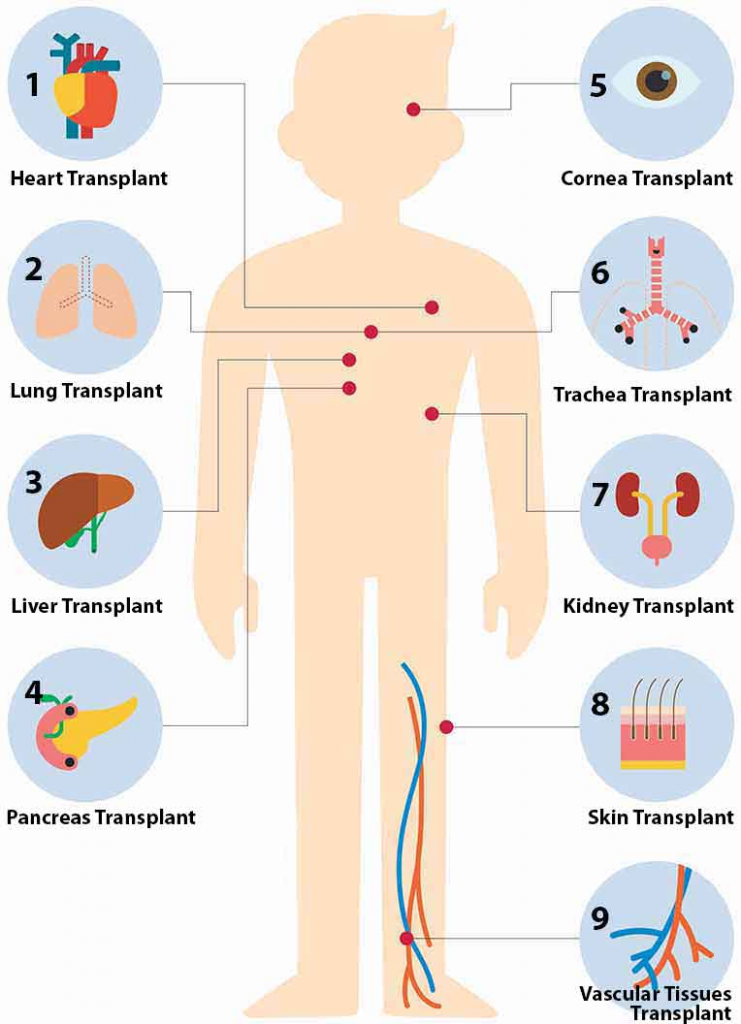Over recent years, I have become more aware of the crisis that the NHS has found itself in, regarding organ transplants. The lack of viable donors who agreed prior to death was limited and did not cover anywhere near the number of people waiting for transplants. I know that they tried to get around this by introducing the opt out system for organ donation in 2020 which was a massive step forward, however it still has its limitations. The main thing I think affects organ donations is the disparity of the genetics between the donor and the patient, leading to the need for immunosuppressant drugs to be taken for life.

One thing that I have seen that could aid this is the use of chimeras with human derived stem cells being used to grow human organs. This would tackle so many of the current problems, as they could be genetically identical to the patient, and not require another person to die at just the right time in a specific way to allow transplant to be safe and effective.
The ethical side of this is a bit less clear cut. Currently, there are thoughts that animal chimeras would be used, for example pigs that grow human hearts or kidneys. These would be genetically engineered to lack certain organs which would be replaced with human grown ones. I can’t help but feel that the use of animals that have higher brain functioning is unethical, as they may experience unknown side-effects and experience pain and suffering that we could not prepare them for. I have always loved animals and the thought that we just decided that we were better than them and they don’t deserve the same rights has always been something that I’ve felt uncomfortable with. They are unable to consent to the research that we would be carrying out on them which makes me thing we are abusing the power we have over them.

This is the same with smaller animals such as rodents, which are deemed ok to test on. I completely understand however that this ethical dilemma is opposed by the number of people that would greatly benefit from the organs that would save their quality and quantity of life. Almost 7000 people in the UK are awaiting transplants, and 439 people died last year whilst waiting. Is it wrong to deny them the chance of life if we could save them?

When people push for chimeric organs, they often compare it to way we slaughter pigs every day for food, and that there is little difference between this and genetically modifying them. I do not feel this to be accurate, as we are not letting them live their lives as they would do in nature, and we could not be sure that no harmful effects would be experienced by the animals. They would likely have to spend all of their life being monitored and tested to ensure the organs were growing properly, and that they were healthy.
Overall, I think that the use of chimeric animals in organ farming is not clear cut. Laws and ethical regulations would have to be heavily regulated to ensure that the animals were not adversely affected and the organs were of a high enough standard to make the animal lives lost worth it. If implemented, it would likely save countless lives awaiting transplant and reduce the illegal trafficking of organs, leading to better outcomes for all.